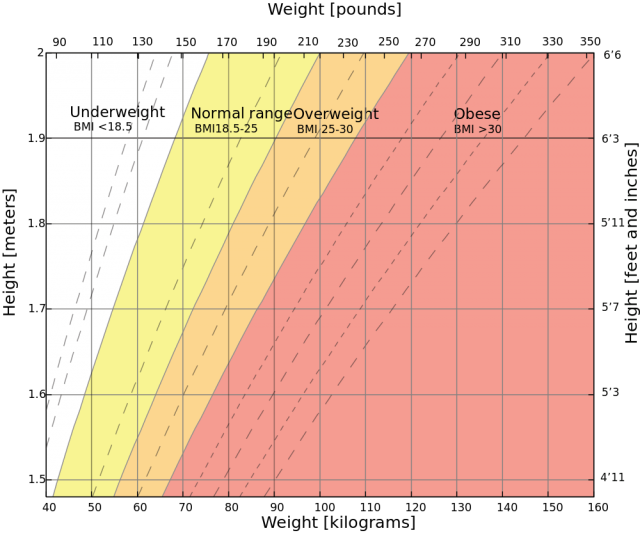MI weekly selection #37
MI weekly selection #37

BMI may not be accurate predictor of fitness, study suggests
Metabolism and body mass index do not go hand-in-hand, according to a study published in the journal Science. According to the study, it is possible to have a normal-range BMI while also having an abnormal metabolism, indicating that it’s not prudent to rely on BMI alone as an indicator of fitness.
Scientific American / Observations
Culinary cavemen seasoned their food
Prehistoric cooks seasoned their meals, according to a study published in PLoS ONE. Researchers analyzed deposits inside cooking pots found at various sites in the Danish Straits, finding residue of garlic-mustard seed, suggesting that “hunter-gatherers at the transition to agriculture had a sophisticated attitude to cooking”.
Atlantic Ocean iron plume surprises researchers
A prolific plume of iron rising up from the Atlantic seafloor has researchers scratching their heads. “We had never seen anything like it,” said Woods Hole Oceanographic Institute scientist Mak Saito, lead author of the study. “We were sort of shocked. There’s this huge bull’s-eye right in the middle of the South Atlantic Ocean. We didn’t quite know what to do with it, because it went contrary to a lot of our expectations.” Until this find, the Atlantic Ocean hadn’t been known to produce much iron.
Highly sensitive skin-like sensor lights up at touch
A skin-like sensor array that can convert touch directly into light signals has been built from individual-nanowire light-emitting diodes. The new device appears to be more sensitive to touch than even human skin.
Smart windows become smarter
A new composite material has been developed where the transmission of daylight (visible light) and solar heat (near-infra red light) are controlled independently from each other. The new material could be used to produce smart windows that maximize energy savings and customer comfort by blocking heat without becoming dark.